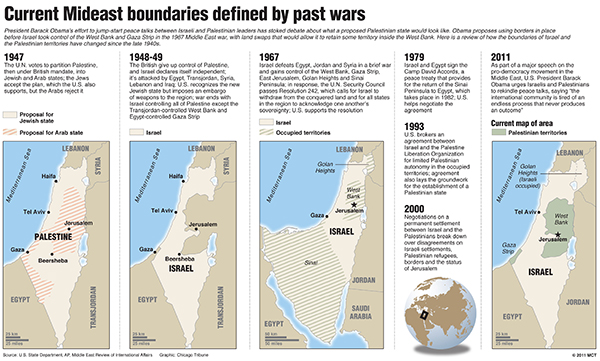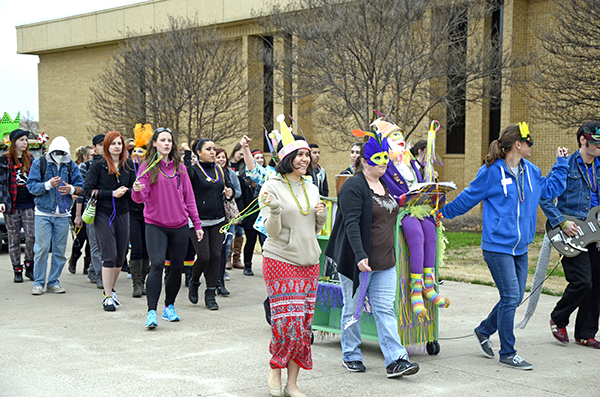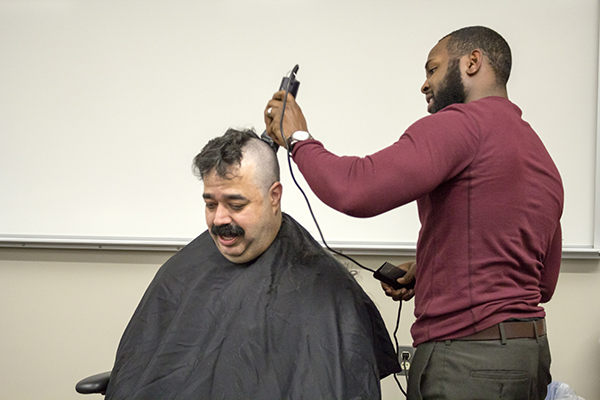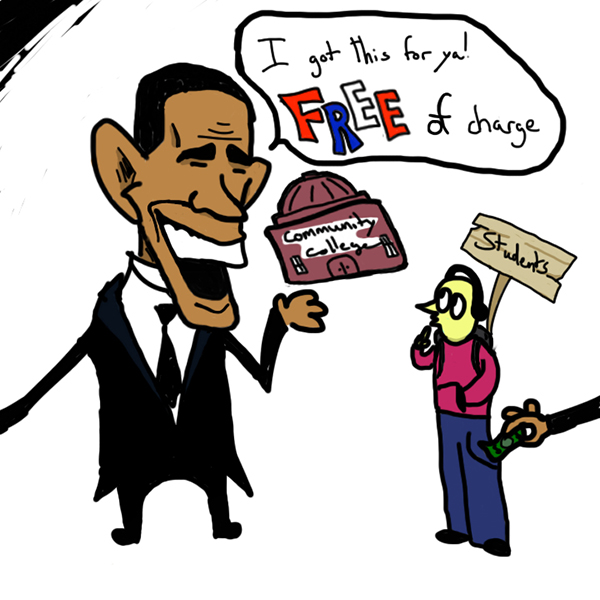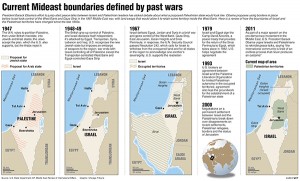
By Linah Mohammad/se news editor
The long-simmering Palestinian-Israeli conflict has become hard to follow for many Americans. But on TCC campuses, history professors bring the issue front and center to their classrooms.
SE history associate professor Juan Joel Tovanche Paredes said students are often ignorant about the conflict.
“The reason that I teach it to them is because they do not know enough about it,” Tovanche said. “They do not know what is going on. They turn on the TV, and all they hear, ‘In the Middle East today … Israel … Gaza Strip.’ That is background noise for too many of them.”
Tovanche said he stresses to his students that they should not assign something to a particular group of people and that anytime a political movement becomes involved with religion, it is perilous.
“We always talk about terrorists being Arab,” he said. “And I end with the question of how did the Jewish people get their state? Largely surrounding ideas of history, religion and violence, these are the things that we talk about for Arab terrorists. There is nothing new here.”
Michael Downs, SE history assistant professor, added that his students also have a lack of knowledge about the issues.
“They have no idea what I’m talking about,” he said. “This may even be the first time they are hearing about it. The majority of American students have no clue about that part of the world.”
Bradley Borougerdi, a SE history assistant professor, said he discusses the issue several times in his class.
“I touch upon it after both World War I and II,” he said.
The roots of the conflict are debatable. Some argue that it started in biblical times. Some say it began with the creation of Zionism, which is a political movement that supports the creation of a Jewish state. Still others say it came from the obsession of creating nation-states, which grew after World War II.
“This was not a religious problem,” Tovanche said. “It did not start as a religious problem. It has become that.”
Borougerdi said that after the Holocaust, people felt that even though the Jewish question was important, it was not really solved. So they worked even harder to create a nation-state of Israel for the Jewish people in a place that had traditional ethnic groups already living there, the Palestinians being one of them.
“In my own opinion, Israel has the right to exist as a nation-state, particularly after all the atrocities of the Holocaust,” Downs said. “I do not have an issue with that, but the way they did it, how they did and where they did it —that is the problem.”
The Holocaust was the biggest argument to create the state of Israel, Borougerdi said.
“I think we politicized the Holocaust as being kind of this aberration to drum up support for the war,” he said, “and I think because of this, Zionism got mixed in and allowed Westerners to ignore perhaps what could have happened to the Palestinians … I think the whole conflict is Western-led as a part of this over-infatuation with creating nation-states.”
The winners of World War I outlined many of today’s national borders in the Middle East. Their efforts
to draw those borders were awful and the reason for most of the conflicts in the Middle East today, Borougerdi said.
“You are creating these imaginary borders and you think that people are somehow going to follow these borders,” he said. “People don’t recognize these borders just because you imposed it on them. Even in the United States, it doesn’t work. All you have to do is go to the McAllen-Reynosa area and see the amount of border crossing that takes place.”
The Middle East today is the arena for many armed conflicts, global misunderstandings and civil wars, especially between Israel and Palestine. Israel’s creation in 1948 created a huge refugee community.
“Some of the problems that you see today in the Gaza Strip are from that period of time,” Tovanche said. “People were ushered into a little corner. Think of it like giant Hoovervilles,” which were giant shanty towns built by the homeless during the Great Depression.
The rise of nationalism in the region is another reason for the conflicts seen today in the Middle East, Borougerdi said.
“Nationalism is rising up even stronger particularly with the Palestinian-Israeli conflict,” he said. “One thing that gives rise to national identity is oppression.”
Palestinians are raised with their history, and their grandfathers tell them stories of the way it was. Thus, the past stays alive. A group that decides, “Hey we are going to lead you to go back, regain your dignity and your territory. Follow us,” is going to gain popularity, Tovanche said.
He said such tactics could be dangerous and appealing to young men who often grow up in poor areas and are told they need to stand up for themselves and get back what was taken from their grandparents.
“You owe it to them. This is a very strong motivation,” he said.
Something brutal happens every day in Palestine or Israel, Downs said.
“We are not talking about Israel,” he said. “We are talking about the Israelis occupying Palestinian territory and making life a living hell for the Palestinian people. They have a license to do whatever the hell they want, so they do.”
Academics agree most Americans know little about world affairs and care less.
“As Americans, we are isolated from the world. It is just a big problem.” Borougerdi said. “As Americans, we have a general tendency to think in this superiority complex. This breeds animosity, and it blinds us from these problems.”
Borougerdi said learning history is important regardless of what a student’s major is.
“History is us. History is everything,” he said.






















